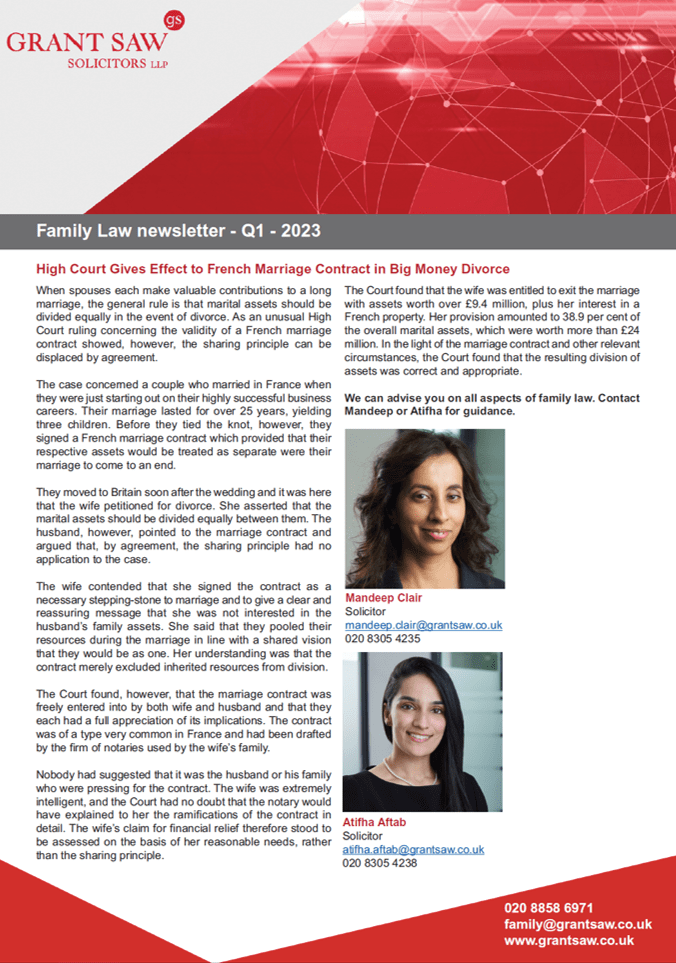What is a Non-disclosure agreement and when is it used?
Non-disclosure agreements (NDA), often referred to as confidentiality agreements, are used to prevent the misuse of confidential information. An NDA will define what information is considered confidential and are often used to protect sensitive information and to keep trade secrets confidential e.g. key information about employees, financial information, and intellectual property and design/software rights.
An example of when an NDA may be used is prior to an important trading relationship (such as a supply agreement) being established and formalised, or prior to a business being sold.
Companies should consider obtaining an NDA whenever it is important to prevent the misuse of information and inadvertent leaks to third parties.
What are the key elements of an NDA?
- Parties– always consider which parties are bound by the NDA and whether any group or subsidiaries should be subject to its terms.
- Permitted use – what purpose is the confidential information being used for and under which circumstances can the sensitive information be used?
- Period – how long are the parties bound by the NDA? Most NDAs will provide for a specific period. Any disclosures made outside the period specified will not be considered a breach of the NDA.
- Staged release – you may want to consider releasing information in stages and withholding certain information until further trust is established between the parties.
- Governing laws and jurisdiction– ensure that the NDA is governed by the laws of England and Wales and that English courts have jurisdiction to govern disputes arising from a breach of the NDA.
Our lawyers would be pleased to discuss your requirements with you and provide you with a costs estimate. Please get in touch with us here.
- https://grantsaw.com/People/mario-savvides
- https://grantsaw.com/People/michael-pope
- https://grantsaw.com/People/ana-maria-badeanu
- https://grantsaw.com/People/james-mckimm
Meet the Commercial contracts team















































